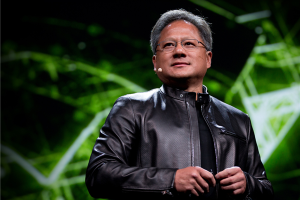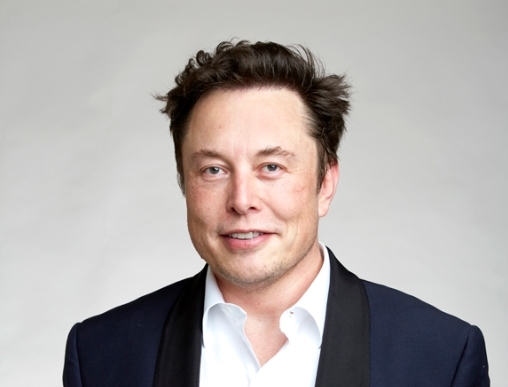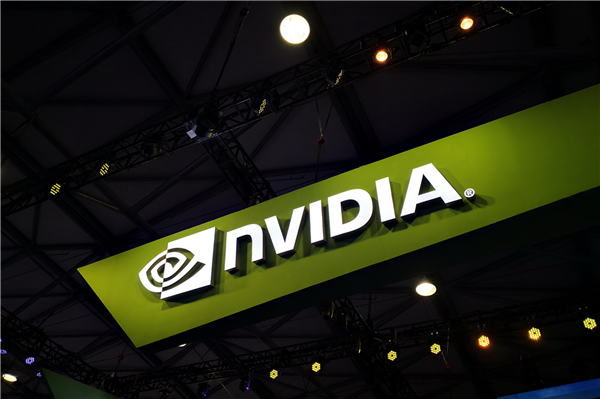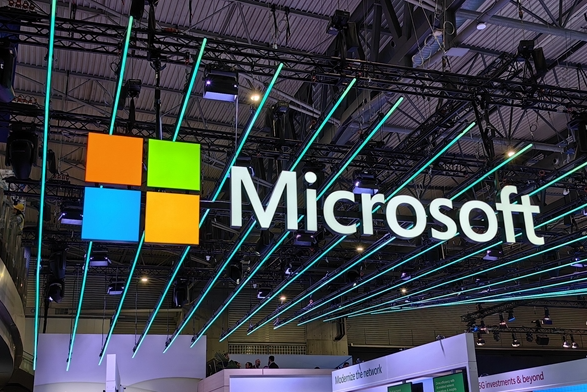October 28, 2024 – According to a report by The New York Times, Intel CEO Pat Gelsinger has expressed “frustration” over the delay in disbursement of funds from the U.S. government under the Chips and Science Act. Gelsinger and U.S. Commerce Secretary Gina Raimondo recently sat for an interview to discuss issues related to the Act.
The Chips and Science Act, pushed by the Biden administration, allocates 280billionforthedevelopmentoftheU.S.semiconductormanufacturingindustry.ItauthorizestheCommerceDepartmenttoprovidegrantsandloansworthupto10−digitfigurestocompanieslikeTSMCandIntel,aimingtoboostthedomesticchipindustry.TheBidenadministrationhadpromisedIntel8.5 billion in direct funding for the construction of new chip manufacturing plants, along with 11billioninloans,andupto100 billion in 25% investment tax credits. However, Intel has not yet received any of the promised funds.

In the second quarter of 2024, Intel reported a loss of $1.6 billion and is currently undergoing a 15% reduction in staff, affecting over 15,000 employees globally. The obstacles posed by the U.S. government are preventing Intel from smoothly accessing the promised funds under the Chips Act, causing frustration for Gelsinger, who stated, “I just want to say, let’s get it done.”
The U.S. government’s hesitation to immediately release the Chips and Science Act funds seems to stem from concerns that Intel may not be able to fulfill its commitments. “People are concerned that Intel will take the chip funds, build an empty shell factory, and then never actually start operations because they don’t have customers,” said Caitlin Legacki, a former U.S. Commerce Department official.
Since becoming CEO in 2021, Gelsinger has been working to transform Intel into a company primarily focused on foundry services. As one of the main lobbyists for the chip bill, Gelsinger has also been aggressively promoting the development of Intel’s foundry division. Despite the high cost, it is considered crucial for Intel’s long-term success. The foundry division plans to split into an independent subsidiary, and its overseas operations will be suspended for the next two years to prioritize the development of U.S. factories.
Last month, reports indicated that Intel is expected to receive its first disbursement of funds from the chip bill by the end of 2024, and Gelsinger is eager to secure the funds before the upcoming elections.












